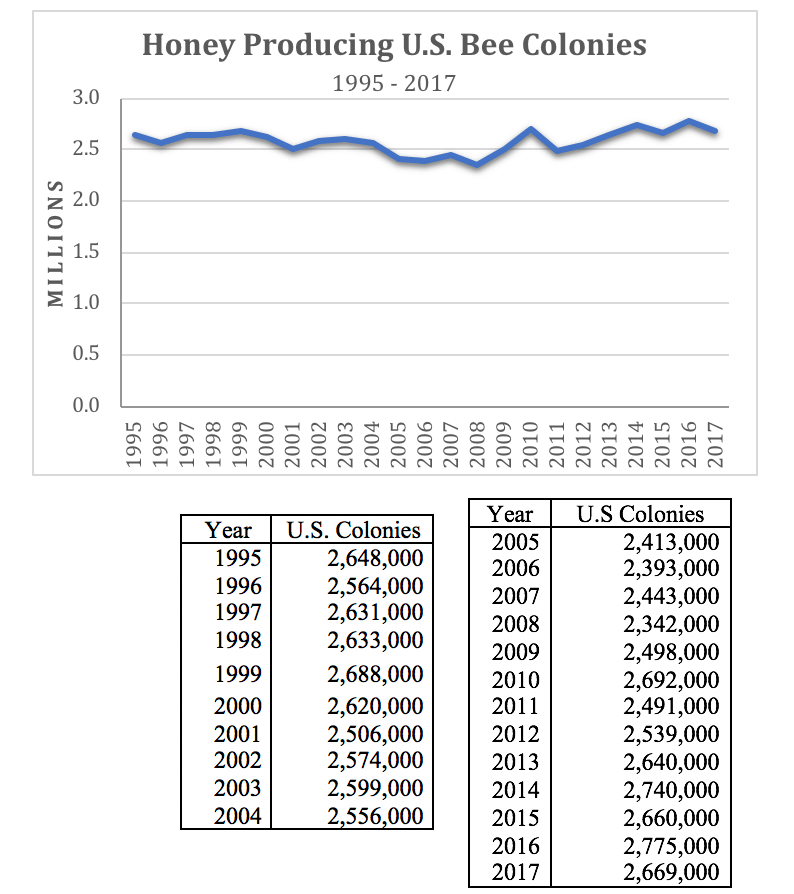roughbarked said:
mollwollfumble said:
roughbarked said:
https://onlinelibrary.wiley.com/doi/abs/10.1111/j.1442-9993.2004.01376.x
http://www.environment.gov.au/biodiversity/invasive-species/insects-and-other-invertebrates/invasive-bees
Thanks, I had no idea that there was already this much research on the topic.
I can’t get this page to load which is a bit odd. http://publications.rzsnsw.org.au/doi/pdf/10.7882/AZ.1999.018
It loads for me. The occurrence of a hugely successful invasive new species must have a severe negative effect on local competing species. But … from roughbark’s latest link:
“This controversy has been raging, off and on, for about the last 20-25 years” … “There is little sign that this controversy will be resolved soon, if ever”
Of course, the damage is done as soon as the invasive species is introduced into a new ecosystem. Trying to hold back the tide 190 years later is laughable, but possibly justified.
Further, it’s surprising how few invasive species actually lead to the extinction of pre-existing species. From island biogeography we know that the introduction of one new species is likely to result in the extinction of one existing species (humans being the most extreme counterexample to this). I thought it would be different for honeybees in Australia, and perhaps it was, but few people were counting native bee populations in Australia 190 years ago.
I would guess that the smaller island faunas – Hawaii, Mauritius, Galapagos etc. would be most seriously damaged by the honeybee introduction.
